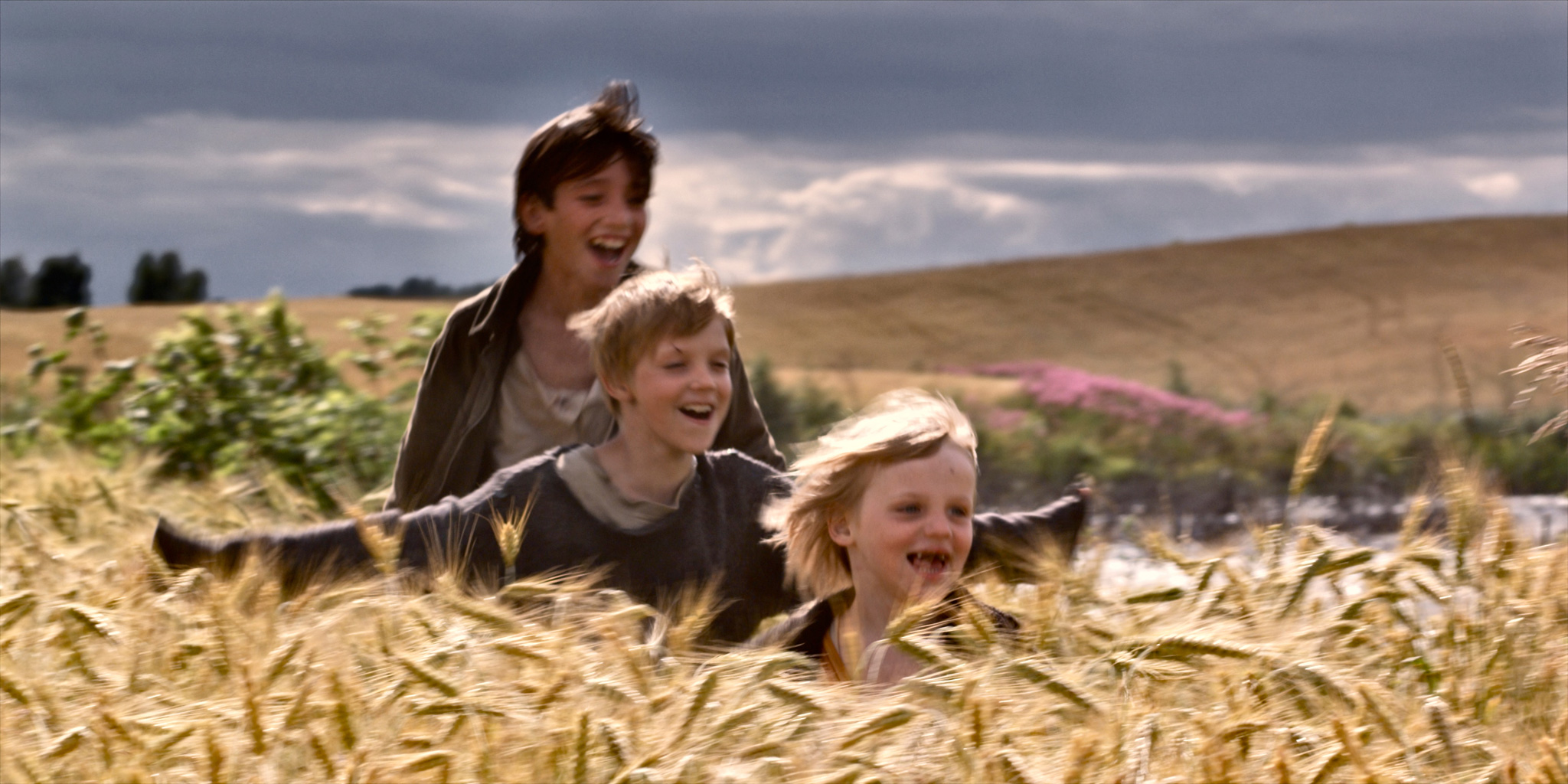The family, once the most important institution of emotional and social support, what is its state today? Is it still able to endure the crises of our complex modern world? So often we feel the need to understand what’s happening around us, what conditions families live under. Part of this curiosity can be answered in the films made by independent filmmakers. Today, whether we like it or not, part of humanity’s awareness is not shaped by state-controlled news networks, but by independent filmmakers, whose sharp eyes and cameras offer us images of society, culture, political unrest, and smaller communities like the family—communities that, in many parts of the world, have lost their traditional form.

In most of these films, the family as we once knew it—classically defined and structured—either doesn’t exist or is fractured and in the process of collapse. The Dardenne brothers, the acclaimed Belgian filmmakers, tell the story of this deep crisis in The Kid with a Bike through the journey of Cyril, a restless and hyperactive twelve-year-old boy. His mother is absent and his father has abandoned him. Cyril disrupts school as he searches for his father, but ends up meeting a hairdresser who volunteers to take care of him on weekends and promises to help him find his father—who, it turns out, has no interest in seeing his child again. When Cyril realizes that his father is facing financial hardship, he tries to help by committing a small theft. But when his father refuses the money, he pushes the boy away once more.
As with all the Dardennes’ films, this work has a lively rhythm, a precise pace, and compelling, believable performances. However, the screenplay falters, particularly in the development of the emotional connection between the boy and the hairdresser. It remains unclear why the young woman is so extremely self-sacrificing, willing to take on Cyril’s troubles at the cost of being injured or even losing her partner.

All these films show that the crisis of the family is not limited to one country or culture—it’s a global, deeply-rooted issue. The City of Children, the debut feature by young Greek director Yorgos Gikapeppas, depicts the turbulent lives and fatal games of four families in the heart of a crisis-stricken Athens. A pregnant Iraqi woman, at the moment of giving birth, finds herself alone, without her husband or relatives. Medical personnel are unable to help due to street riots and a major accident and advise her to wait. She is forced to give birth with the help of a young stranger who lives next door. At the same time, a young woman a few doors down takes her own life in a bathtub. Nearby, a young couple trapped in highway traffic argue inside their car. All of these events converge in a shocking moment when a bullet from a madman’s pistol is fired at yet another young couple.
In this gripping, suffocating film, the crisis and tension of the city, of society, and of families hang heavily with no escape in sight. With a detailed screenplay, skilled editing, and strong pacing, the story is told in parallel over the course of a single day. In one scene, a character sums up some of the problems of contemporary society: “We’ve entered an era where men act like women and women express male aggression.”

The issue of family breakdown and psychological trauma to children recurs in many films. The children in these stories often appear rebellious and alienated from society. Tomorrow Will Be Better (by Dorota Kędzierzawska), a Polish-Japanese co-production, reveals the height of this rootlessness through the wandering of three young boys—aged six, ten, and eleven. These ragged, homeless children flee Ukraine and head for Poland, enduring every hardship and humiliation in pursuit of a better life. They jump off trains, hitchhike in passing cars, navigate through dangerous, dark forests, and when necessary, resort to petty theft or survive on food they beg for, until they finally reach the Polish border. But upon entering the country, they are caught by the police and realize that the belief in a better life beyond the horizon was just a myth—the sky is overcast everywhere.

Andrey Zvyagintsev, the acclaimed Russian filmmaker whose first feature The Return won the top prize at the Venice Film Festival in 2003 and whose second film The Banishment won best actor at Cannes, created a powerful and unexpected film titled Elena—a simple, quiet film with a shocking ending. Elena and Vladimir are an elderly couple living a quiet life in Moscow. He is wealthy; she is a traditional and obedient woman. They came together later in life and each has children from previous marriages. Elena’s son is unemployed and unable to support his family, so he seeks help from his mother. Vladimir’s daughter, on the other hand, is indifferent to her father’s life and lives far away.

After suffering a heart attack, Vladimir ends up in the hospital and realizes that his time may be limited. His hospital visit with his daughter solidifies his decision to leave his wealth to her. This decision turns the once gentle, traditional Elena into a ruthless figure—she murders her husband by giving him a fatal dose of medication and delivers most of his savings to her son.
Today’s independent films are not just depictions of the deep crises affecting families—they are invitations to reflect on societal structures, to empathize with the wounded, and to seek ways of rebuilding the family unit. Perhaps that is the only path through these turbulent times.


